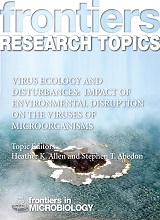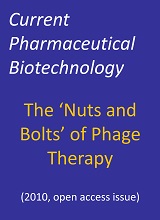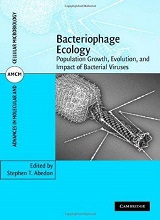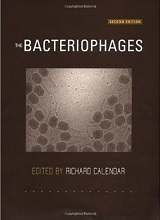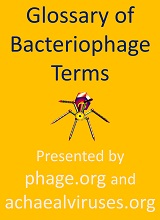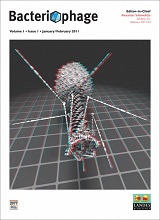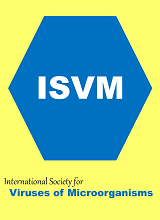
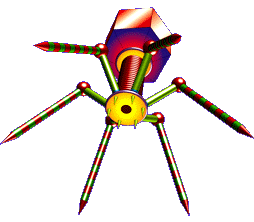
Evolution of organisms by means of natural selection.
Charles Darwin's greatest contribution to biology was the idea of natural selection. In particular, the idea of organism evolution did not originate with Darwin. Instead, what Darwin offered was the idea that within-population variation must inevitable result in differences in reproductive success, which in combination with offspring tending to resemble parents, was suggestive of a biased propagation of varieties through time, i.e., evolution by means of natural selection.
Natural selection is not alone as a mechanism of organism evolution, which includes also mutation, migration, and genetic drift as well. These other, non-selection mechanisms of evolution are collectively referred to non-Darwinian evolution, contrasting that Darwinian evolution, a phrase that often is employed synonymously with that of Darwinism.
The term Darwinism nonetheless has a long and complicated history such that the phrases "evolution by natural selection" or "Darwinian evolution" can be preferable for use rather than simply "Darwinism".
For consideration of the views of other individuals whose worked contributed substantially to the ideas of Darwinism, see the botanist Carolus Linnaeus, the geologist Charles Lyell, the evolutionist Jean-Baptiste Lamarck, the economist Thomas Malthus, and the co-discoverer of the idea of natural selection, Alfred Russel Wallace. See also Charles Darwin's grandfather, Erasmus Darwin.
For more on this topic, see Wikipedia and Google. Contact web master. Return to home.
